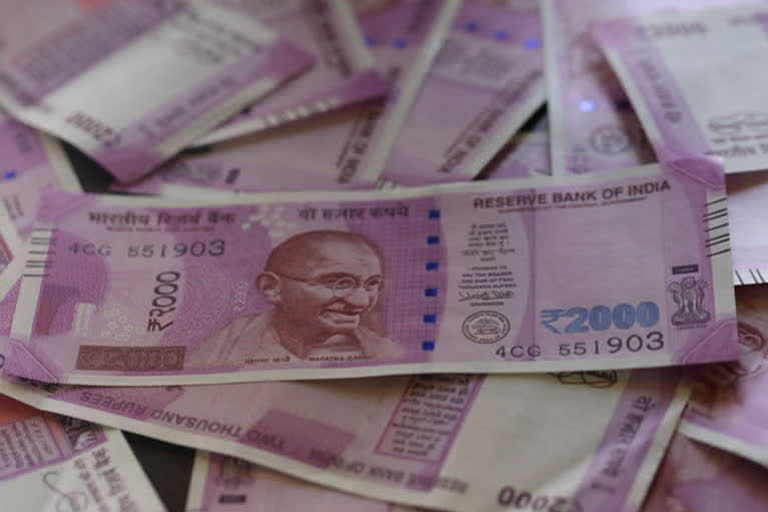New Delhi: The Supreme Court lamented how everybody is seemingly resolved to end corruption without any plan of action. Though Anna Hazare’s anti-corruption demonstrations and protests during the UPA rule saw the emergence of Jan Lokpal Bill, its impact remains negligible.
According to a new report by corruption watchdog Transparency International, at 39 percent, India has the highest bribery rate in Asia. Also, Indians need to use personal connections or pay bribes to receive public services. The report which is based on the fieldwork conducted in 17 countries ranked Cambodia (37 percent) and Indonesia (30 percent) after India. Maldives and Japan maintained the lowest overall bribery rate (2 percent). Meanwhile, India also ranked 80th among 180 countries in Corruption Perception Index 2020 prepared by Transparency International.
Corruption is the culprit behind a slump in foreign direct investments (FDI), faltering infrastructure projects and development targets and an overall poor performance in Human Development Index. The report analyzed the influence of money in politics and concluded that corruption is rampant in countries where capitalists influence the election outcomes.
Ruling parties have long mastered the trick of turning surveillance systems into their pet dogs. Slow and complicated judicial process with outdated trials has been shielding the politically corrupt.
Also read: Chinese scientists make world's 1st light-based quantum computer: Report
In the recent past, a man committed suicide under a running train after several government hospitals refused to admit his wife who was in labour, due to his inability to pay a bribe. Central Vigilance Commissioner Nagarajan Vittal argued how the secret relation between corrupt politicians, bureaucrats, businessmen, NGOs and criminals had pushed the country into a toxic maelstrom.
Two decades have passed since he proposed guidelines to counter corruption. Vittal asked the government to set up National Vigilance Core (NVC) to enable youth to fight corruption and approve the Whistleblower Act to provide legal protection to citizens who exposed shady dealings. The requirement to obtain prior permission to conduct an investigation into the allegedly corrupt authorities is watering down the anti-corruption regulations.
A peek into the activities of the Central Bureau of Investigation (CBI) that receives Rs 802 crore in budgetary allocations shows the alarming rate of deterioration of public systems. Hong Kong, Singapore, France and Italy have already led the anti-corruption brigade. India formed a three-tier government to prevent public representatives from taking citizens for granted.
With favouritism and corruption seeping into COVID-19 relief funds, the country no longer holds on to its concept of the welfare state. It is high time we break the shackles of corruption and achieve corruption-free India.



